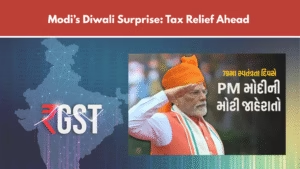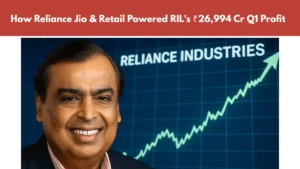In 6 months, the prices of electric vehicles (EVs) across the country will be the same as petrol vehicles.
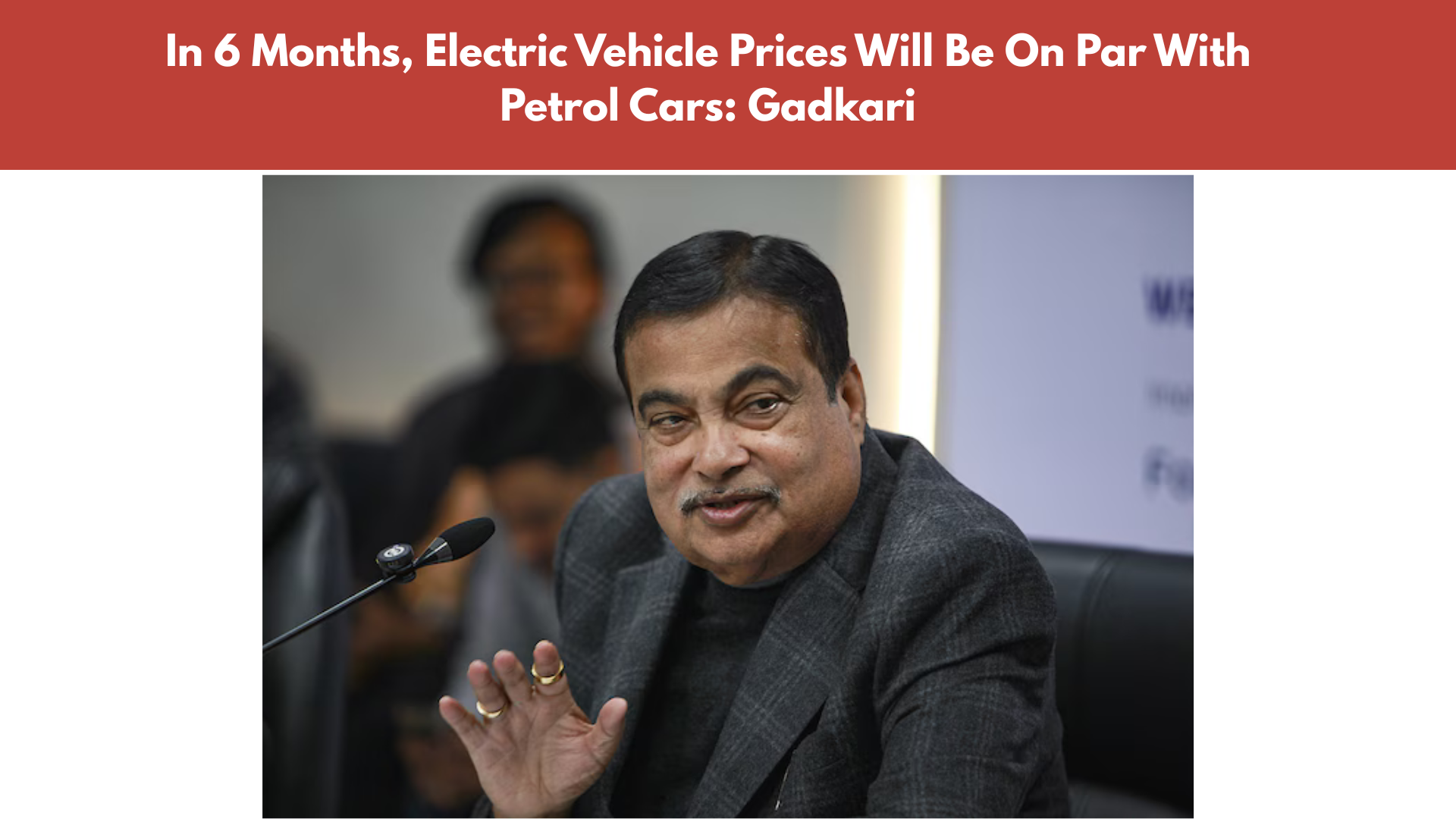
Electric Vehicles
Electric vehicles : In a major announcement, Union Road Transport and Highways Minister Nitin Gadkari stated that the cost of electric cars (EVs) will be equal to that of gasoline-powered vehicles nationwide within the next six months. Speaking at the 32nd Convergence India and 10th Smart Cities India Expo, Nitin Gadkari said these things.
Union Road Transport and Highways Minister Nitin Gadkari declared on Wednesday that within six months, the cost of electric cars (EVs) will be the same as that of gasoline-powered automobiles nationwide.
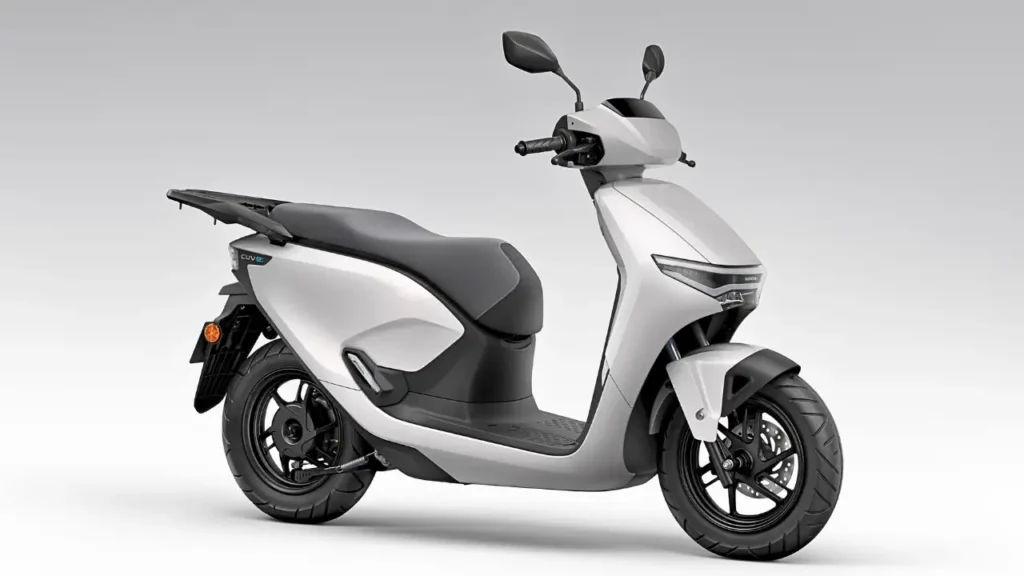
Speaking at the 10th Smart Cities India Expo and 32nd Convergence India, Gadkari added that the 212-kilometer Delhi-Dehradun access-controlled motorway would be finished in the upcoming three months.
The Delhi-Dehradun Expressway is almost finished.
According to Gadkari, the Delhi-Dehradun Access Controlled Expressway, which is 212 kilometers long, will be finished in the upcoming three months. In addition, Gadkari stated that the government’s policy revolves around cost-effectiveness, pollution-free, indigenous production, and import substitution.
Electric vehicles adoption and infrastructure development are prioritized.
Union Minister Gadkari added that India must develop its infrastructure if it hopes to become the world’s third-largest economy. We can lower our logistics expenses by constructing quality highways.Electric vehicles
The economy of the nation has a bright future: Gadkari
Nitin Gadkari added that the administration is dedicated to smart cities and smart transportation and that the country’s economy has a bright future. We are developing speedy mass transit powered by electricity. In order to lower the cost of building new roads, Gadkari underlined the necessity of encouraging innovation and innovative technologies.
By making good roads, we can reduce our logistics cost Said by him
The first 1MW quick charging technology for electric buses in India has been introduced by Exponent Energy, and it is expected to lower the capital cost of electric buses by 30–40%. Thanks to the company’s technology, smaller batteries with a 250 km range can now be used instead of the bigger 400 km range batteries that were previously needed.
The 15-minute rapid charge provided by the 1MW charging system, which will be implemented over the next six months, reduces downtime and permits buses to run on lighter, smaller batteries. Only buses with Exponent support will be able to use the charging mechanism. Given that batteries account for a sizable amount of the vehicle’s total cost, this battery size reduction is meant to lower the initial cost of electric buses.
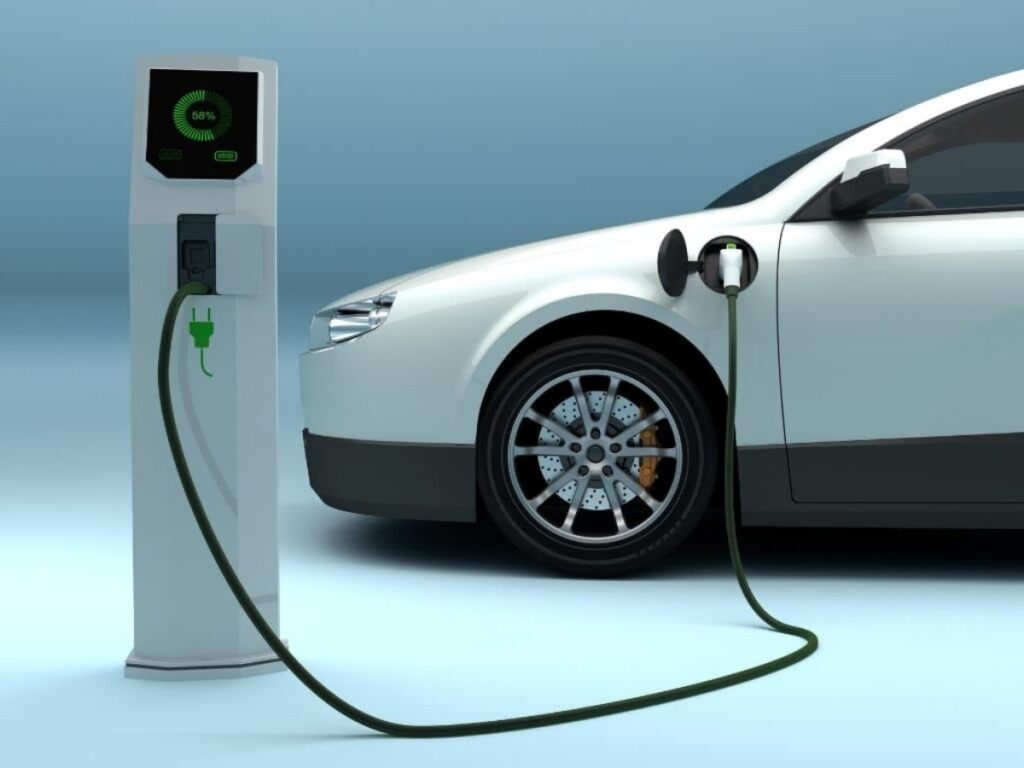
Exponent and bus maker Veera Vahana collaborated to launch the Veera Mahasamrat EV, a quick charging intercity bus, in August 2024. Exponent unveiled the 1MW charging technology to accommodate the new fleet; at first, the Veera Vahana fleet will be the only one using it. Other bus manufacturers will also have access to this technology when Exponent forms more alliances with them.
According to Nitin Gadkari, the government is dedicated to creating smart cities and smart transportation, and the country’s economy has a bright future.
“We are working on mass rapid transport on electricity,” he said.
In order to lower the cost of building new roads, Nitin Gadkari emphasized the importance of promoting innovation and innovative technologies.
Electric Vehicles: What Are They?
Traditional internal combustion engines (ICE) that run on gasoline or diesel are replaced with electric motors that are powered by rechargeable battery packs in electric vehicles. EVs come in various varieties, such as:
- Battery electric vehicles (BEVs), such as the Nissan Leaf and Tesla Model 3, are entirely electric and do not run on gasoline
- Plug-in hybrid electric vehicles (PHEVs), like the Toyota Prius Prime, combine gasoline and electricity.
- Hybrid electric vehicles (HEVs), such as the Honda Insight, are powered by a gasoline engine and have electric assistance, but they are not plug-inable.
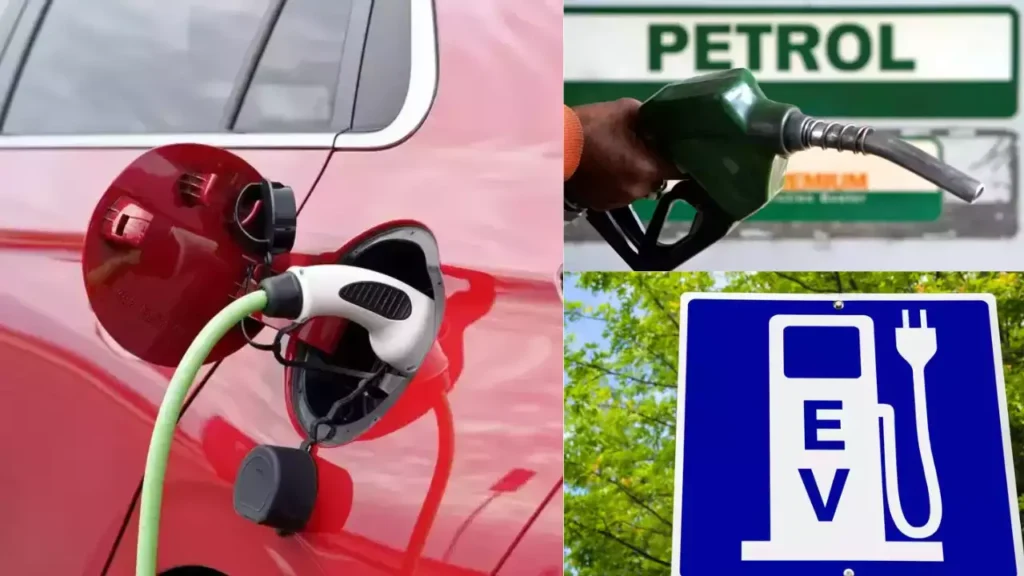
Why Are EVs Becoming More and More Popular?
- Environmental Advantages :
The fact that EVs help lower carbon emissions is one of its main benefits. EVs are an essential part of sustainable transportation as nations set aggressive net-zero targets. - Financial Savings :
EVs used to cost more than gasoline-powered vehicles, but the price is rapidly declining. In fact, according to industry experts, EV pricing will catch up to those of gasoline-powered vehicles in several countries over the next six months. Moreover, EVs require less maintenance because they have fewer moving parts. - Rewards and Subsidies :
To promote EV adoption and lower the cost of EVs for regular consumers, governments around the world are providing tax credits, rebates, and incentives. - Developments in Technology :
Amazing battery ranges, quicker charging times, and cutting-edge features like regenerative braking, autonomous driving, and smart connection are all aspects of contemporary EVs.
Concluding remarks :
Our perspective on mobility is changing as a result of the rise of EVs. There is no doubting that electric vehicles are propelling us toward a more technologically advanced and sustainable future, regardless of whether you are an early adopter or are still undecided.

